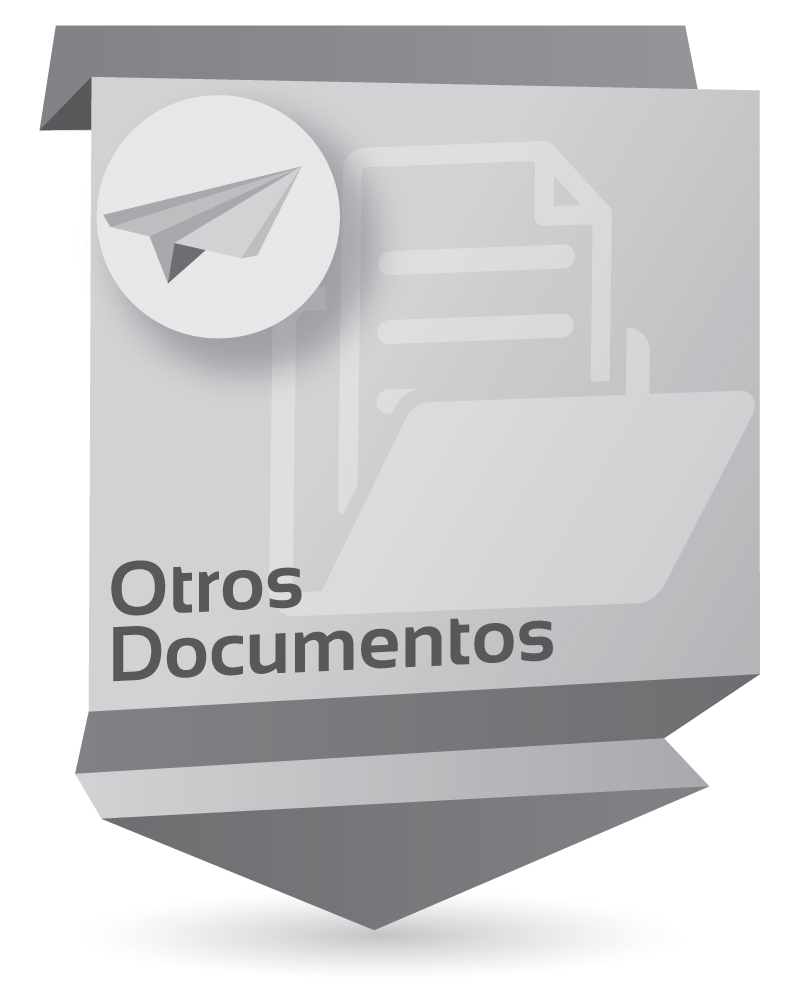Self-access materials: The contribution of online resources to speaking self-efficacy beliefs

Visualizar/
Enlaces del Item
URI: http://hdl.handle.net/10818/25990Compartir
Estadísticas
Ver as estatísticas de usoMétricas
Catalogación bibliográfica
Apresentar o registro completoData
2016-08-08Resumo
Fostering oral skills in the English classroom in a social and educational context where opportunities to practice the language are scarce and the evaluation of students’ perceptions about their abilities for performing oral tasks lacks clear criteria, are some of the difficulties students face nowadays. This study uses six self-access speaking materials structured around the modeling strategy, as the vehicle to develop more accurate speaking self-efficacy beliefs in a group of 21 seventh grade students from three public schools in Ciudad Bolivar, Bogota. The theoretical support of this study includes self-regulation processes structured around the modeling strategy, the use of web 2.0 tools, self-assessment processes and the sources of self-efficacy. Furthermore, this study follows a mixed method of data collection that is both quantitative and qualitative, applied through three stages (Formulation of the research question, designing-implementation, and observation-reflection processes). The data were obtained from the application of instruments like surveys, semi-structured questionnaires, journal analysis and speaking tasks registered on the online platform Edmodo.

















